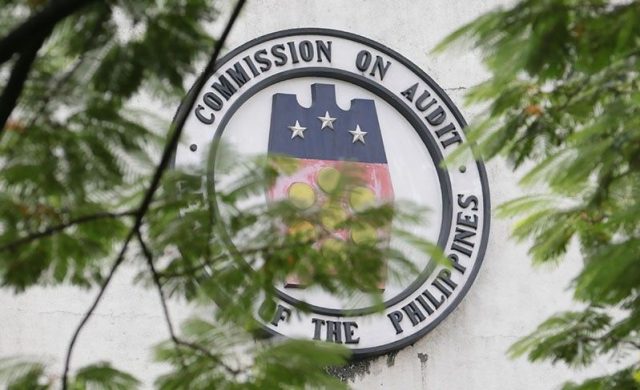
You might have recently come across some government agencies buzzing the phrase “unqualified opinion.” But what does it mean? And when can agencies earn this audit opinion?
This phrase has much to do with the Commission on Audit (COA) — an independent constitutional commission that examines, audits and settles all accounts and expenditures of government funds.
Every year, they release audit reports of government agencies and offices, including local government units. An audit report refers to an auditor’s written opinion about an agency’s financial statements.
The state audit agency can give any of the four audit opinions:
An unqualified opinion is given to government offices that have fairly presented their financial statements and conform to public sector accounting standards. In essence, it means that the agency’s financial records are clean.
On June 29, both the outgoing Vice President Leni Robredo and reelected Quezon City Mayor Joy Belmonte announced that their respective offices got an unqualified opinion from COA.
This is the fourth straight year for the Office of the Vice President and the second straight for the Quezon City local government unit to earn such an audit opinion.
Meanwhile, a qualified opinion indicates that the agency’s financial records were fairly presented but with specific issues. This may be issued if the agency were found to have lacked conformity in accounting standards, inadequate disclosure, uncertainties in estimates, or omissions in statements of cash flows.
A disclaimer of opinion, on the other hand, is issued when state auditors cannot decide on a definite opinion on the report due to insufficient information.
State auditors give government agencies an adverse opinion if they deem that their financial statements do not accurately represent the company’s financial standing.
COA clarified, however, that an audit opinion should not be treated as a rating, score or grade, with ranking of lowest to highest.
Since it only looks into an agency’s financial statements, an audit opinion is said to represent only a facet of an agency and does not say much about how well an agency complies with laws or conducts its operations.
These metrics are measured by the compliance and performance audits, respectively, which can also be found on the state audit agency’s annual audit reports.









